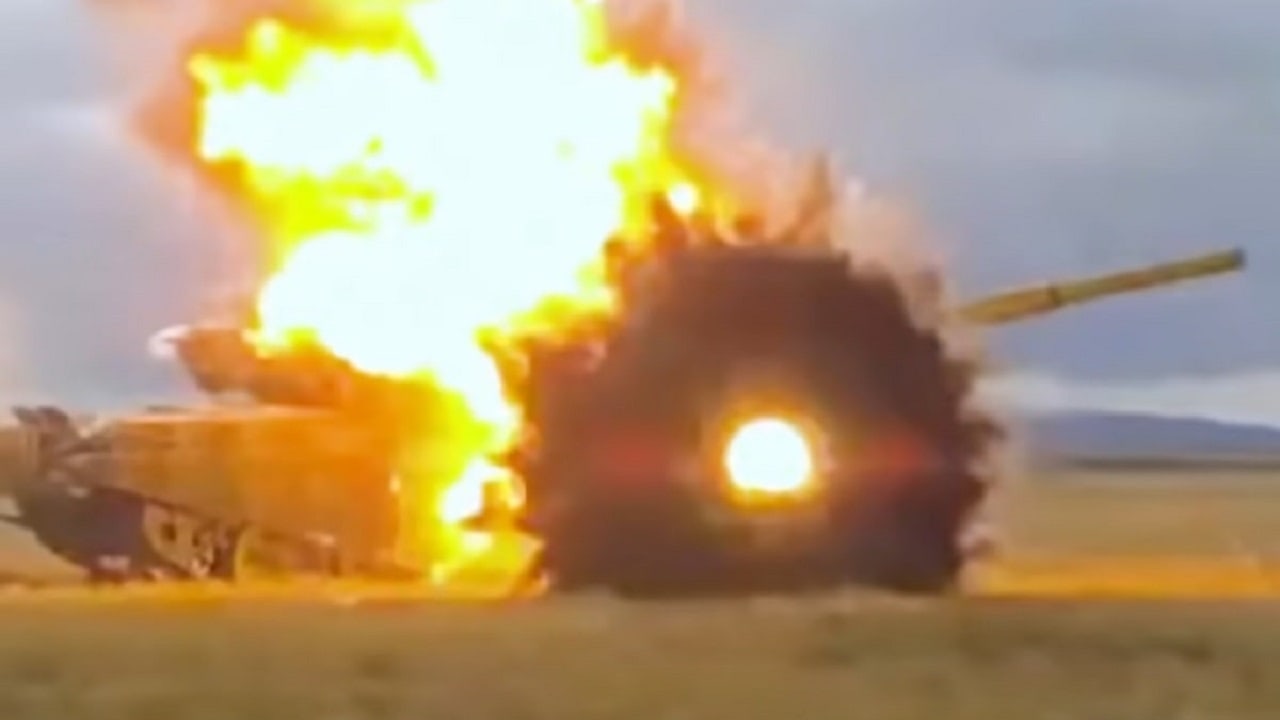Russia is getting desperate to make sure its tanks can still roll – The global microchip shortage is far from resolved, and the problem has gotten so great that German automaker BMW has reportedly been shipping some vehicles without support for Android Auto and Apple CarPlay as a result. In the United States, lawmakers have continued to debate how to address the computer chip scarcity, resulting in the drafting of two different but similar bills.
The Russian military is taking even more drastic measures to confront the chip deficiency – by pulling chips from home electronics for use in military vehicles, notably its main battle tanks (MBT). The Russian military relies heavily on technology made by the United States and its allies, who have banned such exports to Russia. As a result, Russia has had to use computer chips intended for home appliances including refrigerators, to repair its military hardware.
“We have reports from Ukrainians that when they find Russian military equipment on the ground, it’s filled with semiconductors that they took out of dishwashers and refrigerators,” Commerce Secretary Gina Raimondo told the Senate Committee on Appropriations on Wednesday.
Raimondo, who recently met with Ukrainian officials, was told that parts from refrigerators as well as from commercial and industrial machines were found after Ukrainian soldiers conducted searches of captured or abandoned Russian tanks, The Washington Post first reported.
The commerce secretary also told the committee that exports of American technology to Russia have fallen by just under 70 percent as a result of sanctions, the first of which was imposed in late February after Moscow launched its unprovoked and unwarranted attack on Ukraine. U.S. tech companies are now forbidden from exporting their products to Russia.
“Our approach was to deny Russia technology — technology that would cripple their ability to continue a military operation. And that is exactly what we are doing,” Raimondo told the committee.
Lack of Russian Supplies?
It isn’t just refrigerator microchips repurposed for use in tanks. The Russian military has had to scavenge spare mechanical parts for its tanks. As with the chips and microprocessors, Russia has long relied on foreign-made components.
The shortage of parts began just weeks after Russia launched its invasion, and as result, its only tank manufacturer, Uralvagonzavod, was forced to stop production.
In addition, the Ukrainian forces have shared abundant evidence that Russia is struggling to equip its forces adequately, and in recent weeks images have been shared online of a Russian drone that had been covered in duct tape and fitted with a generic plastic bottle top for a fuel cap. There have also been reports this week that downed Russian fighter jets were found with commercial GPS units taped to the dashboards, because the aircraft’s inbuilt navigation systems are so inadequate.
In March, Ukrainian troops also reportedly found what appeared to be Russian army bandages dating to 1978 discarded on a battlefield. Clearly, Moscow expected a quick victory and wasn’t prepared for a long and protracted war.
Now a Senior Editor for 1945, Peter Suciu is a Michigan-based writer who has contributed to more than four dozen magazines, newspapers and websites. He regularly writes about military hardware, and is the author of several books on military headgear including A Gallery of Military Headdress, which is available on Amazon.com. Peter is also a Contributing Writer for Forbes.

